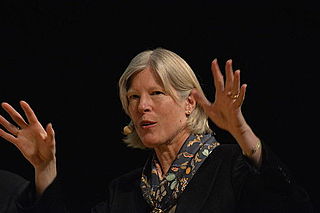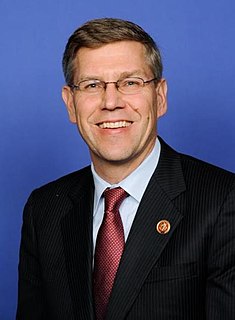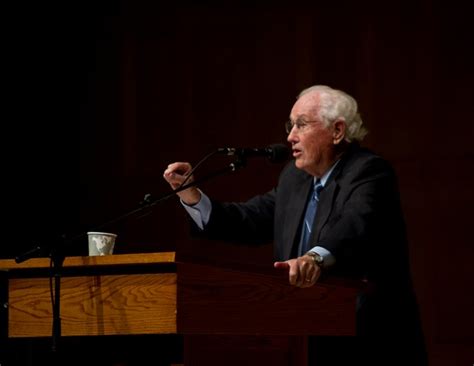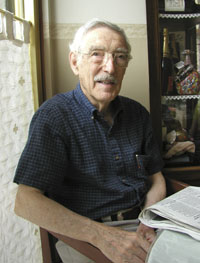A Quote by María Blasco Marhuenda
Aging is not currently regarded as a disease, but researchers tend increasingly to view it as the common origin of conditions like insulin resistance or cardiovascular disease, whose incidence rises with age. In treating cell aging, we could prevent these diseases.
Related Quotes
There are many different causes of the scarring. Viruses are common. Hepatitis B, hepatitis C, what we call autoimmune diseases where the body attacks the liver itself such as primary biliary cirrhosis is an autoimmune disease; sclerosing cholangitis is an autoimmune disease; and so those diseases where the liver is being destroyed by either the virus or an autoimmune disease, it can only scar, and why it doesn't regenerate has to do with the fact that there is this ongoing scar tissue that blocks that regeneration.
Medicine has been successful by treating diseases in a very specific way once the damage is done. But telomere length integrates a lot of factors together and gives you an overall picture of risk for what is now emerging as a lot of diseases that tend to occur together, such as diabetes and heart disease.
For example, in Vitamin K, the clotting proteins get it first... and
only after they're satisfied do you prevent calcification of the arteries,
or prevent cancer, or prevent bone fractures. It's all insidious damage
that you get that's a long term consequence. In fact, we call these the
diseases of aging.

































